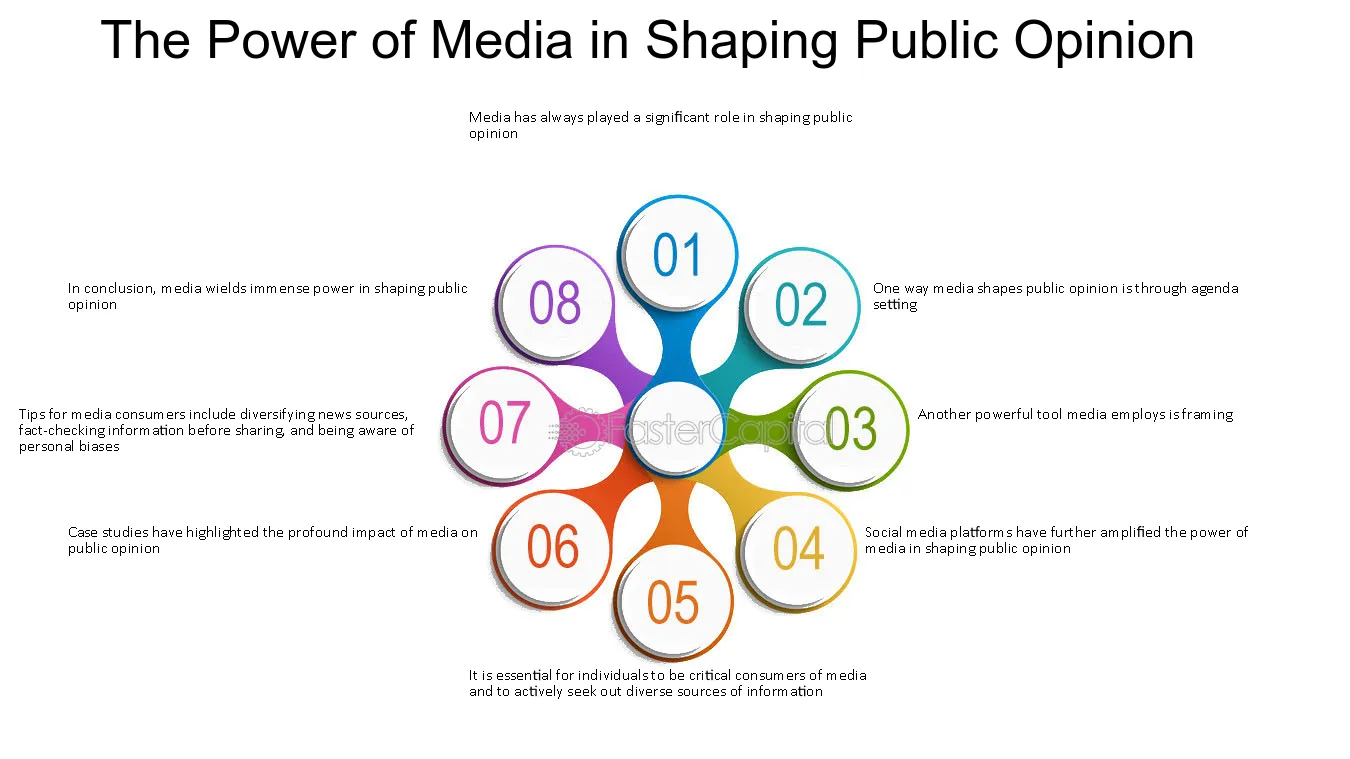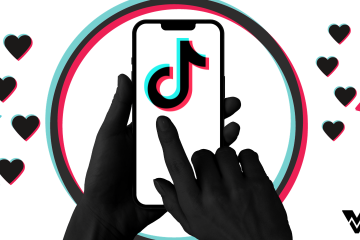In today’s world, social media is more than just a platform for sharing selfies and catching up with friends. It has transformed into a powerful tool that shapes our perceptions of numerous social issues, including arrests. The ripple effect of social media on public opinion is profound and far-reaching, especially when it comes to how we view law enforcement and criminal justice.
The Instant Spread of Information
Imagine this: A video of an arrest is recorded and shared on social media. Within minutes, it’s viewed by thousands, if not millions. This rapid dissemination of content is one of the key features of social media, allowing any user to broadcast real-time events to a global audience. This instant spread of information can help in creating transparency and accountability, but it also raises questions about context and accuracy.
Social Media as a Double-Edged Sword
Social media’s role in shaping public perceptions of arrests is a double-edged sword. On one hand, platforms like Twitter, Facebook, and Instagram can highlight issues that may otherwise go unnoticed, such as questionable law enforcement tactics or wrongful arrests. They empower the public to voice concerns and demand justice, fostering a proactive citizenry.
On the other hand, the information shared on social media is not always verified, leading to the spread of misinformation. A clip taken out of context can paint an incomplete picture, potentially inciting unwarranted backlash against individuals or authorities before all facts are made clear. Thus, while social media can act as a watchdog, it can also fan the flames of misunderstanding and prejudice.
The Role of Hashtags and Movements
Social media campaigns, often recognized by their hashtags, can bring significant attention to specific cases. Movements like #BlackLivesMatter have shown how powerful social media can be in mobilizing people and influencing public discourse on arrests and policing. These movements not only spread awareness but also help to galvanize community action and legislative change.
However, the effectiveness of such campaigns can sometimes lead to selective outrage, where only certain incidents that capture the public’s emotion or fit the media narrative get highlighted, while other equally important issues remain in the shadows. This selective exposure can skew public perceptions, making it seem as if some issues are more prevalent than they actually are.
Impact on Legal Proceedings
The court of public opinion is now in session on social media, where users can be judge, jury, and executioner. Public perceptions formed on social media can influence real-world legal proceedings. Jurors, witnesses, and law enforcement officials are not immune to the opinions they encounter online, and in some cases, this can affect the fairness of trials.
It’s crucial for legal professionals to understand and mitigate the impacts of social media. For instance, lawyers and judges increasingly need to consider social media footprints when building cases or during jury selections.
Searching for Balance and Truth
For those interested in researching specific arrest records or seeking detailed data on arrests within Kentucky, resources like Search Arrest Records or websites such as https://ky-arrests.us/ offer a more structured and factual base compared to the often chaotic nature of social media feeds. Additionally, platforms like arrest org ky provide localized insights, allowing users to see beyond sensational headlines and understand the broader trends at play.
Navigating the Information Avalanche
Social media has revolutionized the speed at which information about arrests is shared, making it a vital tool for transparency. However, the rapid spread of videos and reports often lacks context, which can distort public perception. Users must navigate this information avalanche with a critical eye, recognizing that not all content provides a full or accurate picture of the events it depicts. It’s essential to cross-reference stories with reliable sources to avoid the pitfalls of misinformation.
The Judicial Influence of Social Media
Social media doesn’t just inform; it influences. The opinions formed on these platforms can seep into the judicial process, affecting the outcomes of legal proceedings. This intersection of digital opinion and traditional law requires that legal professionals and the public be vigilant about separating personal bias from factual evidence. Understanding the influence social media has can help ensure that justice is served fairly, devoid of external pressures amplified through online platforms.
Conclusion
Social media’s impact on public perceptions of arrests is complex and multi-faceted. While it offers a platform for awareness and advocacy, it also challenges us to discern fact from fiction. As users and consumers of information, it is our responsibility to approach what we see and hear with a critical mind, seeking out complete stories and reliable data. By doing so, we contribute to a more informed and just society, where public opinion on arrests and policing is based on truth and context, not just viral videos and trending hashtags.
In this digital era, our actions and beliefs are influenced heavily by what we encounter online. Let’s strive to make our engagement meaningful and our judgments well-informed. Social media is a tool, and it is up to us to use it wisely and ethically.



